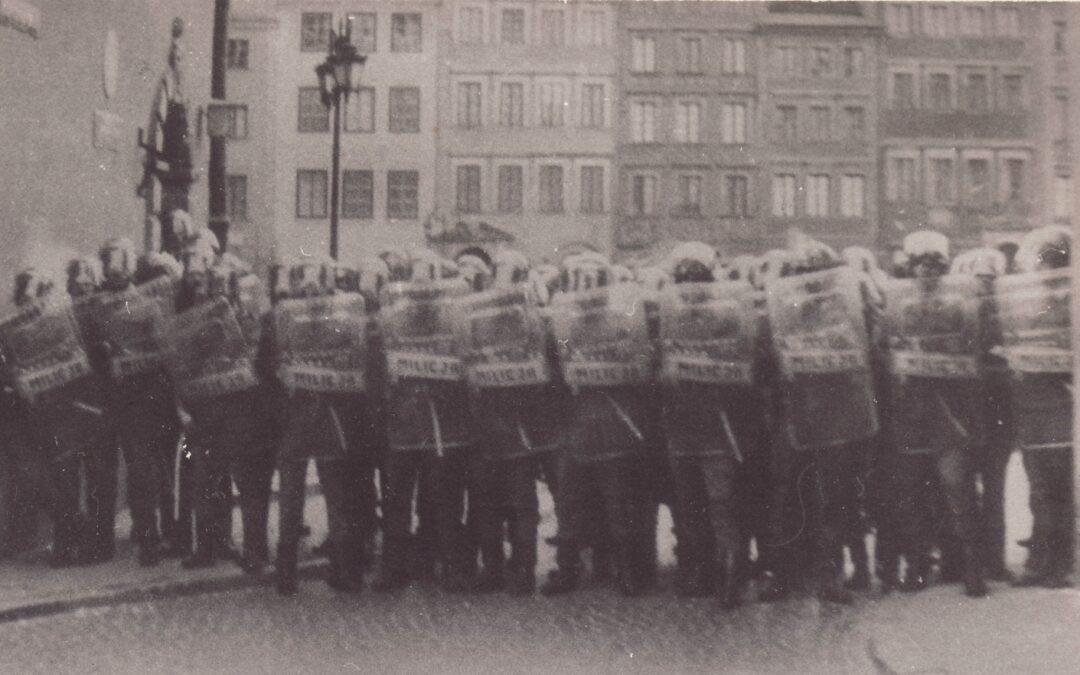Poland’s human rights commissioner is seeking the annulment of a sentence given to a man in 1982 for throwing stones at communist-era police during a demonstration.
Commissioner Marcin Wiącek has lodged an appeal with the Supreme Court asking that the man – who remains unnamed – be cleared, arguing that the protester had “out-of-the-ordinary motivation” for his actions, meaning that he should be absolved of blame.
Rzecznik Praw Obywatelskich wniósł do Sądu Najwyższego kasację, w której domaga się uchylenia wyroku i uniewinnienie skazanego w 1982 roku za rzucanie kamieniami w milicję. https://t.co/uUQXBqVn56
— Rzeczpospolita Prawo (@RPPrawo) November 6, 2022
The man took part in protests in the southwestern copper-mining town of Lubin on 31 August 1982, during which the Citizens’ Militia (MO), as the police were known at the time, brutally suppressed demonstrations. Three people died after riot police opened fire on a rally against the authorities.
A court later that year sentenced the stone-throwing demonstrator to three years in jail and stripped him of his civil rights for the same period of time.
Street protests took place in 66 towns and cities around Poland on that same day in August 1982. The communist authorities used the courts as well as police and riot police in an attempt to stifle opposition to the regime.
Communist leader Wojciech Jaruzelski had declared martial law on 13 December 1981 to clamp down on opposition headed by the Solidarity movement. Dozens of opposition activists were killed and thousands jailed across the country before martial law ended in July 1983.
The protests in Lubin on 31 August 1982 took place on the second anniversary of a landmark agreement between Poland’s communist rulers and striking workers at the Gdańsk shipyard, a deal that led to the formation of Solidarity, the first independent trade union in Eastern Europe.
Poland’s state historical body, the Institute of National Remembrance (IPN), which has prosecutorial powers, has separately reopened an inquiry into the so-called Lubin events of 1982. The probe is part of a wider project taking a fresh look at crimes by the communist authorities in the 1980s.
Speaking in Lubin in September, President Andrzej Duda said that the events in the town were one of the two great crimes of martial law, alongside the pacification of the Wujek coal mine, in which nine protesting miners were killed.

Peter Kononczuk is senior editor at Notes from Poland. He was previously a journalist for Agence France-Presse (AFP) in London and Warsaw.




















